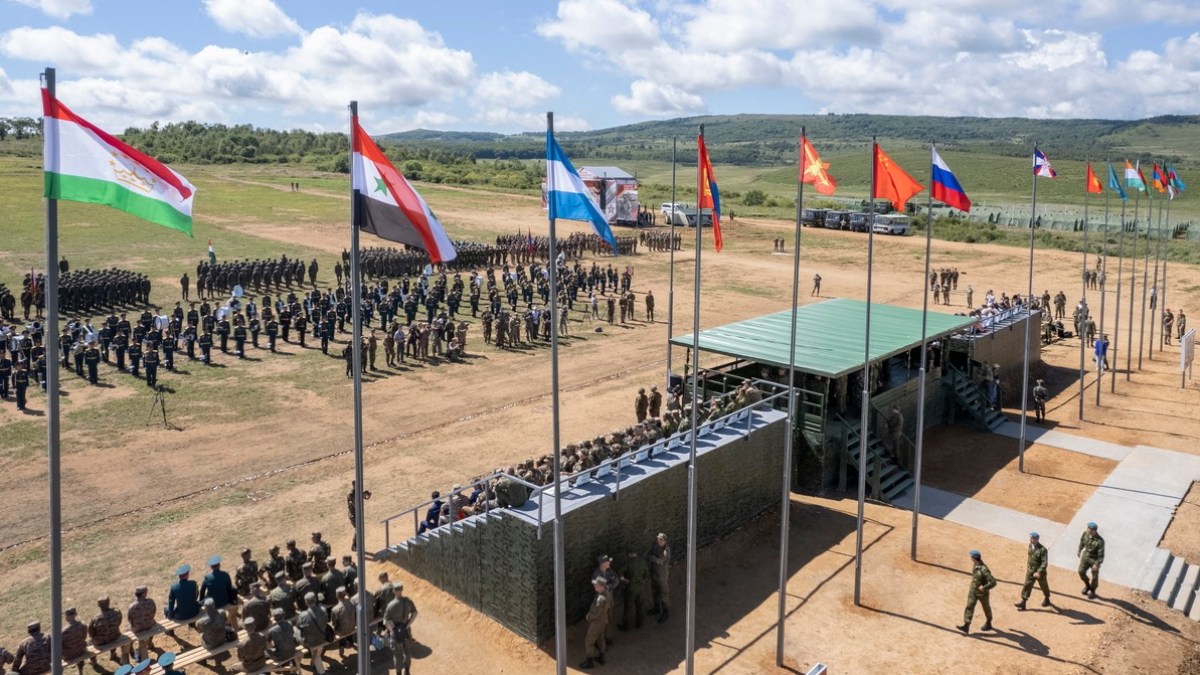Russia has historically been China's main military partner, and Sino-Russian cooperation remains strong, as evidenced by the Vostok exercise in September 2022 or several other recent naval exercises between the two countries.
A question discussed by the French newspaper "Le Figaro" in a report that highlighted at the beginning of Xi Jinping's visit to Moscow and his signing with Russian President Vladimir Putin of an agreement, which they described as inaugurating a "new era" in their relations, which at the military level are witnessing an increasing shift in the balance of power.
The "new era" of Russian-Chinese relations begins with a clear military and technological imbalance, as Russia's military superiority continues to diminish as Beijing's huge investments in the defense industry grow.
In this context, Le Figaro pointed to Beijing's announcement at the beginning of March of a 7.3% increase in its military budget, an increase that is "in line with China's military ambitions because its military is modernized but not yet mature," confirms Marc Julien, researcher and head of Chinese activities at the Asia Center of the French Institute of International Relations (IFRI).
Moscow, once a key partner of Beijing, is gradually being overtaken by the Chinese "disciple," raising Russia's concern about its fading technological and military dominance.
"Over the past decade, China has exploited its intensive cooperation with Russia first and foremost, and on a large scale the Russian defense industrial and technological base, which has been idle," Julian stressed, noting that Moscow quickly realized that China was practicing reverse engineering, that is, it was buying Russian materials to study and then copy, which was embodied in the Chinese J-11, which was largely inspired by the Russian SU-27.
In fact, according to Le Figaro, the Russian army, which has only 700,61 troops and a budget of $225 billion a year, cannot be compared to the People's Liberation Army and its two million men with a budget of about $<> billion a year.
The Russian military has focused on internal reform that began in 2008 and prioritized modernizing its largely crushed expeditionary force in Ukraine, while China has modernized its naval and air fleet to be on standby in the event of a confrontation over Taiwan, she said.
"In short, the Russian army in the 21st century is going through a phase of decay, while the Chinese army is consolidating its strength, modernizing its equipment and seeking to eliminate sagging in its ranks, but the Chinese army seeking to rise to a higher level can benefit from Russian expertise," says Mark Julian.

